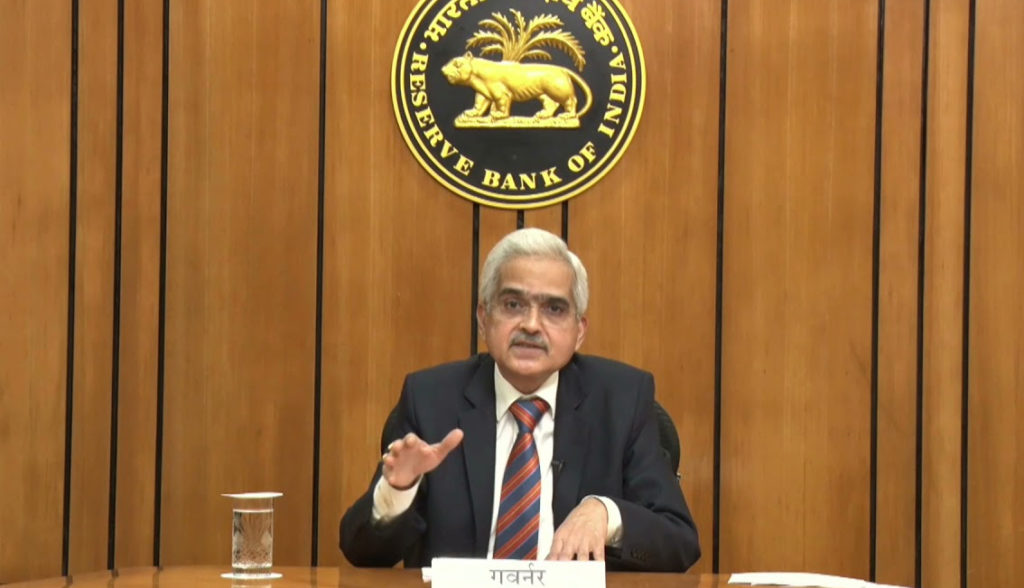In a major development, the Reserve Bank of India issued a Prompt Corrective Action (PCA) framework for the Urban Cooperative Banks, which will replace the Supervisory Action Framework (SAF). The provisions of the PCA framework will be effective from 1st April 2025.
Importantly, the PCA framework has been made applicable to all UCBs in Tier 2, Tier 3 and Tier 4, except Tier 1 UCBs and urban cooperative banks under All Inclusive Directions (AID).
However, the Tier 1 UCBs, having deposits upto Rs 100 crore, shall continue to be subjected to enhanced monitoring under the extant supervisory framework.
The objective of the PCA Framework is to enable supervisory intervention at an appropriate time and require the UCBs to initiate and implement remedial measures in a timely manner, to restore their financial health.
The PCA Framework does not preclude RBI from taking any other action as it deems fit at any time, in addition to the corrective actions prescribed in the Framework. With effect from April 1, 2025, instructions contained in this circular shall supersede all earlier instructions issued on SAF.
In the revised PCA Framework, the Capital, Asset Quality and Profitability will be the key areas for monitoring.
It is gathered that at present the urban cooperative banks, which are under SAF, are restricted on incurring capital expenditure beyond a specified limit but in the new guidelines capital expenditure can be done for technological upgradation.
Besides, once a bank is placed under PCA, taking the bank out of the PCA Framework and/or withdrawal of restrictions imposed under the PCA Framework will be considered.
If no breaches in risk thresholds on any of the parameters are observed as per four continuous quarterly financial statements, one of which should be Audited Annual Financial Statement (subject to assessment by RBI) and based on supervisory comfort of the RBI, including an assessment on sustainable improvement in key financials of the bank.
The framework has been suitably harmonised with similar frameworks applicable for Scheduled Commercial Banks and Non-Banking Financial Companies, with suitable modifications keeping in mind the underlying principle of proportionality.
The PCA framework is largely principle-based with fewer number of parameters as compared to the SAF, without any dilution in the supervisory rigour.
The revised framework seeks to provide flexibility to design entity specific supervisory action plans based on the assessment of risks on a case-by-case basis.
The hard-coded limit of Rs 25,000/- for restrictions on capital expenditure by UCBs under SAF has been dispensed with. The revised framework enables the Supervisors to decide the limit depending upon their assessment of each entity.
In his reaction, RBI Central Board Director and Sahakar Bharati founder member Satish Marathe said, “The PCA Framework for UCBs. A Welcome Move, Long sought by me. In future, UCBs will Not be caught by Surprise”, Marathe said.

